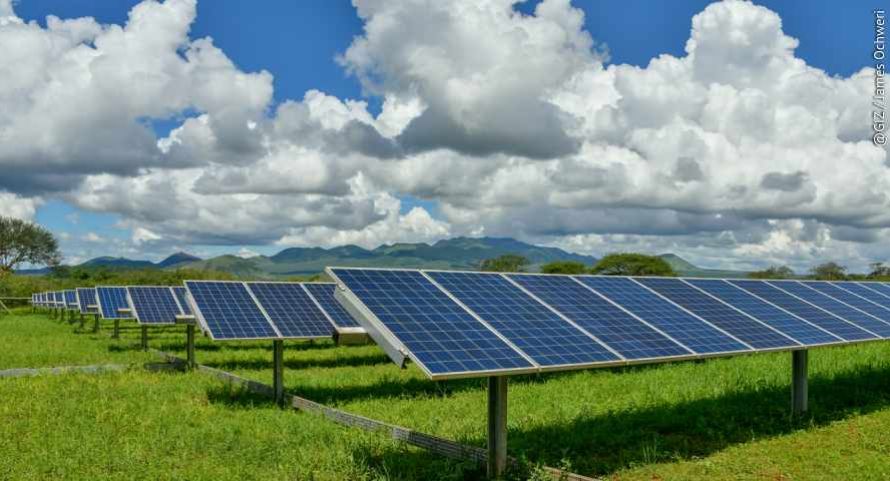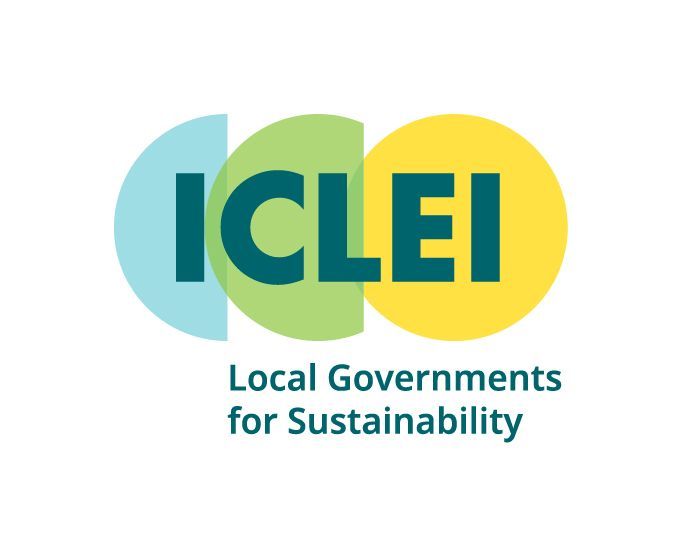Public-private partnerships and CO2 financing strengthen electrification of municipalities

The challenge
Solar radiation in Benin could be more than sufficient to supply the entire rural population of the West African country with energy. But for now, only one in five people there has access to electricity, with major differences between urban and rural regions. The government therefore sees the electrification of rural areas as a political priority and aims to provide two-thirds of the total population with access to electricity by 2025. Off-grid solutions are seen as a potential solution to help reach this goal.
But there are numerous obstacles. Benin is sparsely populated and purchasing power across ist population is low, and private investments pay-off at best in the long term. Alternative financing approaches and instruments are hardly widespread in the current ecosystem. In order for Beninese municipalities and districts to be able to break new ground in project financing, they will need additional knowledge and operations.
The goal
The Benin Energy Plus project sees public-private partnerships (PPPs) as a model for promoting rural electrification. It aims to support municipalities and district governments in establishing public-private partnerships to get bankable projects off the ground. These will also leverage increasing international funding from CO2 financing. The goal of the project is to enable Beninese authorities that govern municipalities and districts to plan PPPs for solar PV projects using a toolkit, and then transfer this knowledge to their member municipalities. Ultimately, public-private financing mechanisms could even enable the training of local staff and thus create new jobs.
Our partners
To implement this ambitious project, the organization ICLEI – Local Governments for Sustainability and the National Association of Municipalities of Benin (ANCB) have formed a strategic partnership. Both the World and Africa Secretariats are involved in the project at ICLEI. The organization has been committed to sustainable development for more than 30 years and not only has the necessary knowledge, but can also draw on its large network of local and regional governments. ANCB, which has been in existence since 2003, is an important link to the 77 local and regional governments in Benin and is thus a key partner for knowledge transfer.
The approach
The project will be implemented in several steps. First, the project team analyzes prerequisites and potentials for solar PP partnerships and CO2 financing models, assesses potential measures and instruments, and seeks dialogue with relevant stakeholders in Benin. Next, the team is develops a toolkit that adapts existing PPP models from the Transformative Actions Program (TAP), ICLEI’s ongoing project incubation program, and adds carbon credit opportunities for potential business models. The toolkit includes tools for both a basic assessment of whether a project should be undertaken as part of a PPP, and tools for designing sustainable PPP projects. In addition, the toolkit will be supplemented with guidance documents for local authorities, as needed. Subsequently, the toolkit will be applied in a pilot phase using a real project example.
Finally, in the fourth step, the project team will develop training modules for workshops with ANCB members. In this way, knowledge transfer should succeed and, in the long term, access to climate-friendly renewable energies in rural areas will be improved. At the end of the project, the project team will present the developed toolkit at regional and international conferences. This will be accompanied by a communication campaign. Subsequently, the toolkit will be uploaded to the ICLEI website and thus made available to the general public.
Benin
Financial instruments
Municipalities and districts
01.12.2021 – 30.03.2023



